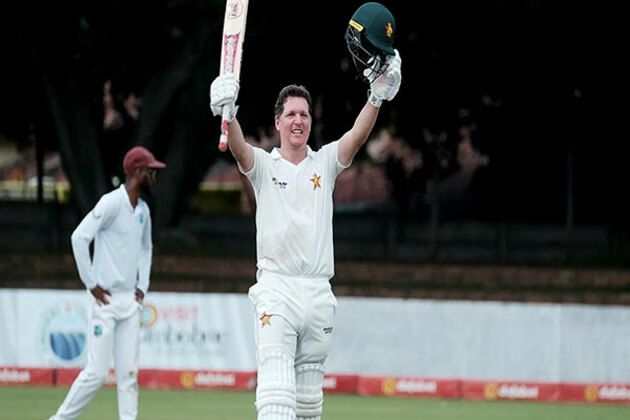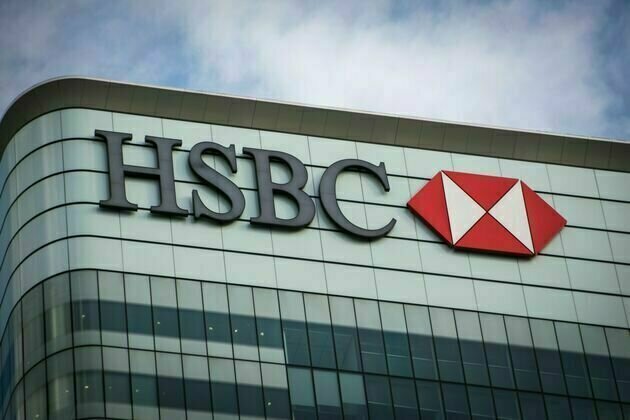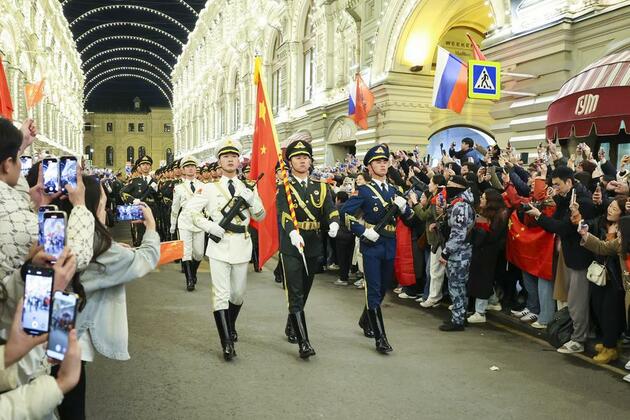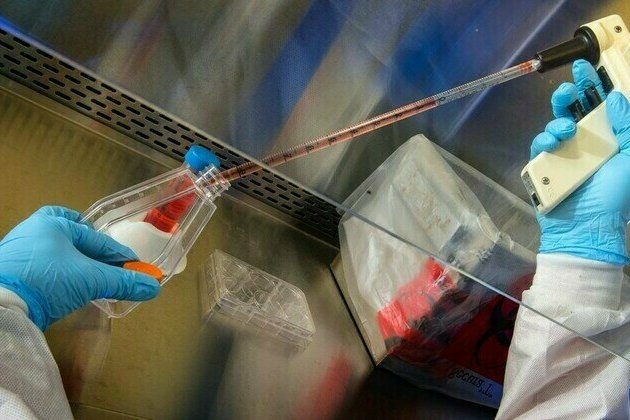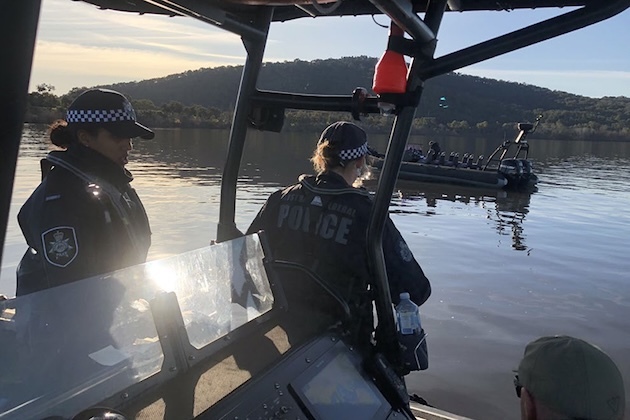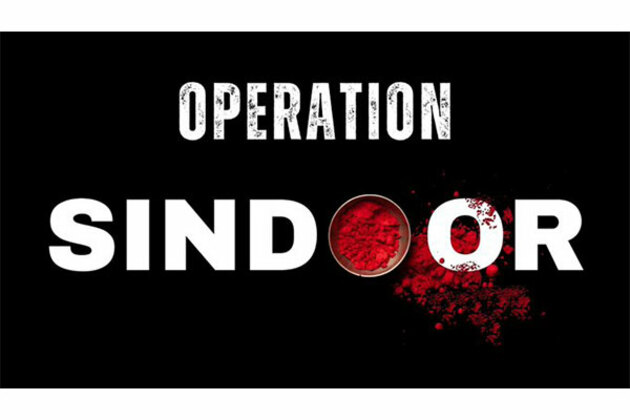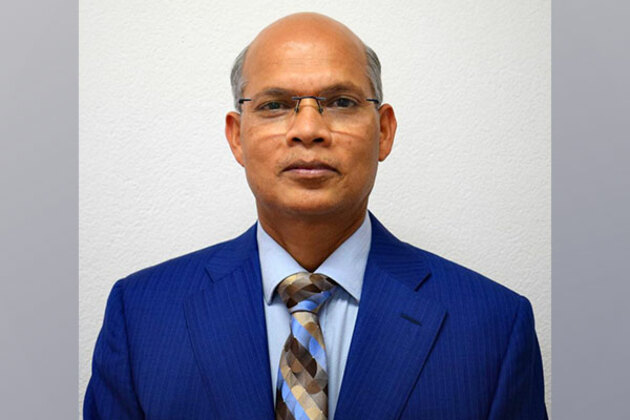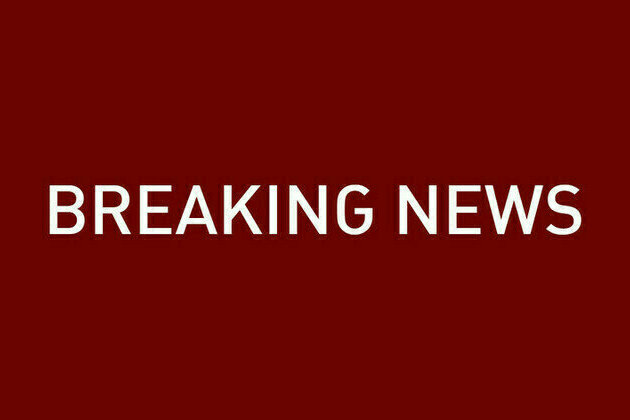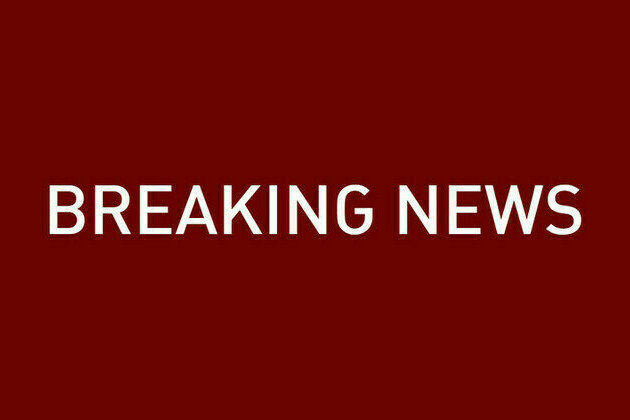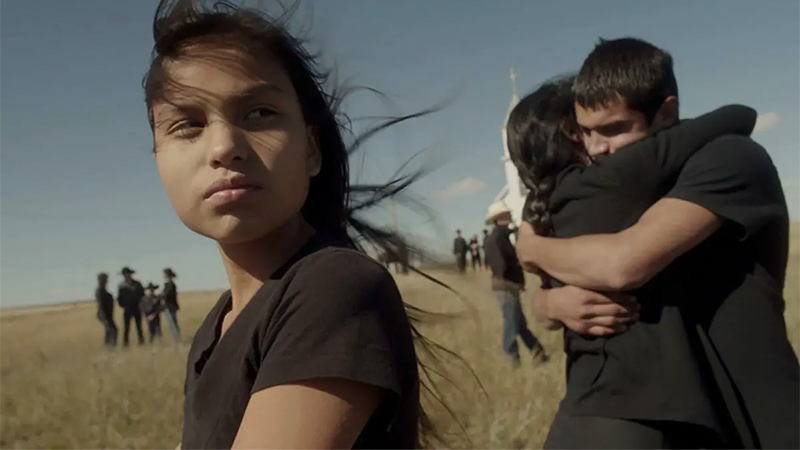Popes have been European for hundreds of years. Is it time for one from Africa or Asia?
The Conversation
06 May 2025, 20:07 GMT+10
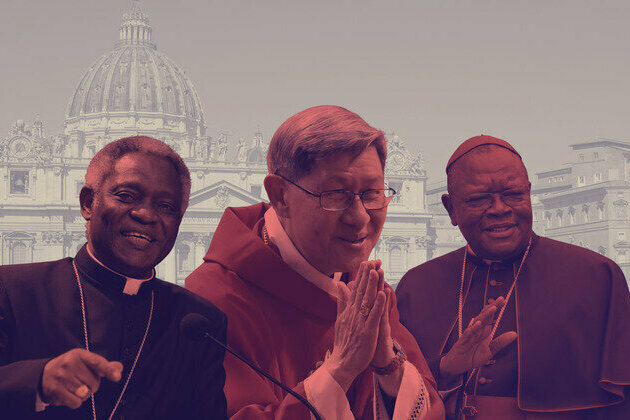
Catholicism did not begin as a "white" faith. Born on the eastern rim of the Mediterranean, it spread through the trading routes and legions of the Roman Empire into Africa, Asia and, only later, what we now call Europe.
Three early bishops of Rome: Victor I (c. 189-199), Miltiades (311-314) and Gelasius I (492-496), were Africans whose teaching shaped the church's developing doctrine.
They are venerated as saints, a reminder the papal office has never been racially defined.
However, that history sits uneasily with the unbroken run of European popes that stretches from the early Middle Ages to the death of Francis last month. Francis, an Argentine, was the first pope from Latin America, but he was the son of an Italian immigrant family.
Why, in a global communion of 1.4 billion faithful, has the modern conclave not looked beyond Europeans for a new pope? And what would need to change for it to do so?
The explanation lies less in colour than in logistics and culture.
Europe was the political and demographic centre of Catholicism for centuries. Until the 19th century, travel to Rome from beyond Europe was protracted, dangerous and expensive. An elector who missed the start of a conclave was simply excluded.
Papal politics, therefore, became tightly entwined with Italian city factions and, after 1870, the diplomatic rivalries of European powers.
Even after steamships and railways made travel easier, longstanding practice and patronage ensured most future cardinals were trained at Roman universities, served in the Curia (the bureaucracy of the Vatican), and moved within a Euro-centric network of friendships. The College of Cardinals became overwhelmingly European in composition and culture.
The 20th-century popes began to chip away at this European dominance in internal church governance:
John Paul II and Benedict XVI continued this trend, while Francis made a point of elevating pastors from places as varied as Tonga, Lesotho and Myanmar.
While Europe still claims the single largest bloc of votes in the conclave, there has been a decline in its cardinal representation from almost 70% in 1963 to 39% in 2025. The representatives from Africa and Asia have steadily increased.
Of the 135 electors who are eligible to enter the Sistine Chapel to cast ballots for the new pope on May 7, 53 are European. Africa has 18 electors, Asia 23, Latin America 21, North America 16, and Oceania four. (Two, however, are sick and will not attend - one from Europe and one from Africa).
This representation is disproportionately European, reflecting the gradual nature of shifts in the church's structures.
The demographics of the Catholic church, meanwhile, are changing rapidly.
Between 1980 and 2023, the Catholic population of Europe fell from 286 million to just under 250 million. Weekly mass attendance declined even more steeply.
Over the same period, the number of Catholics in Africa almost tripled to 255 million. Asia climbed to about 160 million. And Latin America, though no longer expanding, remains home to roughly 40% of all Catholics, at 425 million.
Vocations follow the same curve: seminaries in France and Germany are closing for lack of students, while Nigeria, India and the Philippines are sending their priests abroad to ease shortages in Europe.
Africa and Asia have also significantly increased their representation among Cardinals at the highest level of the Church, from less than 10% in 1963 to more than 30% in 2025.
Ultimately, these numbers will expand even further, catching up with baptismal registers in Africa, Asia and Latin America.
Observers often describe papal candidates as "progressive" or "conservative", or speculate about a "Global South bloc" ready to storm the papal throne. Such language obscures what the electors actually consider when casting a ballot.
Five practical questions tend to be important:
1. Is the candidate known and trusted, and a man of faith and wisdom?
Personal acquaintance still matters. Cardinals who have worked in Rome are well-placed because most electors have met them repeatedly.
2. Can he govern the Curia?
Leading the world's oldest bureaucracy demands stamina, political tact, leadership acumen, relational skills and fluency in Italian, the everyday language of Vatican administration.
There is also the ongoing issue of reform, particularly around the church's sexual abuse crisis and financial matters.
3. Will he be heard beyond Rome?
A pope must travel, address parliaments and give press conferences. Because communication and symbolism are important, a command of English and comfort in front of the global media matter greatly.
4. Is he a pastor?
The ability to preach the Gospel compellingly, comfort the afflicted and speak credibly about the poor has been vital since John Paul II.
5. Does he know and inhabit the tradition of the church?
As part of this, a pope should also be able to represent and deepen the church's teachings.
These criteria help explain why previous non-European hopefuls have fallen short.
In 1978, for instance, Cardinal Aloisio Lorscheider of Brazil was judged too youthful and untested.
In 2005, Cardinal Francis Arinze of Nigeria, though admired, was seen as a transition figure at the age of 72. He also lacked experience in the Curia.
In 2013, Cardinal Odilo Scherer of Brazil was persuasive on pastoral questions but hampered by his limited English and Italian, and by concerns the Vatican Bank needed a strong financial reformer.
Could it change this year? There are several non-European candidates in the current conclave:
Luis Antonio Tagle (Philippines): the former archbishop of Manila, he is a gifted communicator in Italian and English. Some voters may fear he is not administratively capable and too closely identified with Francis, yet others see that continuity as an advantage.
Fridolin Ambongo Besungu (Democratic Republic of the Congo): a leading African voice on ecology and conflict mediation, he is admired for his courage and leadership in strife-torn Congo. Sceptics point to his limited network outside Africa and France. He may also be too conservative for some cardinals.
Peter Turkson (Ghana): a long-time curial prefect and articulate champion of economic justice. Age counts against him (he is 76), yet he could emerge as a compromise if the conclave stalls, as he seen to be doctrinally solid, open and charismatic.
Any one of them would break the post-medieval pattern. None, however, would (or should) campaign as a flag-bearer for his continent.
The church neither keeps a scorecard by hemisphere nor anoints popes to gratify civil notions of representation.
The most important thing is whether a candidate can carry forward the mission of the church and speak in an effective way in an era marked by war, the climate crisis and rapid secularisation.
Symbolically, yes.
A Filipino or Congolese pope would signal that Catholicism's demographic heart now beats in Manila and Kinshasa, rather than Milan and Cologne.
Practically, though, the change might be less dramatic.
Whoever is elected inherits the same threefold task:
Those challenges transcend region and skin tone.
If the next pope happens to be African, Asian or Latin American, history will have turned a page. The universal body will have recognised, in the face of its evolving demographics, the gifts of a shepherd able to speak to followers in Kinshasa, Manila, Sao Paulo and Munich with equal conviction.
The mystery of the conclave is that when the doors close, regional and political calculations fade. What remains is prayerful discernment about who can carry Saint Peter's keys into an uncertain future.
 Share
Share
 Tweet
Tweet
 Share
Share
 Flip
Flip
 Email
Email
Watch latest videos
Subscribe and Follow
Get a daily dose of Kenya Star news through our daily email, its complimentary and keeps you fully up to date with world and business news as well.
News RELEASES
Publish news of your business, community or sports group, personnel appointments, major event and more by submitting a news release to Kenya Star.
More InformationAfrica
SectionFormer England player Gary Ballance named as a consultant coach for Zimbabwe
New Delhi [India] May 6 (ANI): Former England and Zimbabwe batter Gary Ballance has been included in the coaching staff for Zimbabwe's...
UAE's economic momentum continues, led by investment: HSBC
DUBAI, 6th May, 2025 (WAM) -- Simon Williams, chief economist for Central and Eastern Europe, Middle East and Africa at HSBC, affirmed...
Xinhua Headlines: Xi's upcoming visit to deepen China-Russia ties, bolster global peace
The Guard of Honor of the Chinese People's Liberation Army (PLA) participate in a rehearsal for the Victory Day military parade, which...
Trump ends virus research funding
Unrestricted pathogen research could endanger the lives of Americans, the US president has argued US President Donald Trump has issued...
Popes have been European for hundreds of years. Is it time for one from Africa or Asia?
Catholicism did not begin as a white faith. Born on the eastern rim of the Mediterranean, it spread through the trading routes and...
EU gas prices hit record high last year Eurostat
In July-December, households paid more than during the 2022 energy crisis, official data suggests Households in the EU paid the highest...
World
SectionAustralian police and partners smashing drug cartels
Every day, police across Australia investigate thousands of incidents—any one of which could unlock a major case on the other side...
GM recalls 720,000 vehicles over V8 engine defect
WASHINGTON, D.C.: General Motors is recalling more than 720,000 vehicles globally over a defect linked to its 6.2L V8 engines, the...
Justice is served: India launches 'Operation Sindoor'; precision strikes hit 9 terror camps in PoJK
New Delhi, May 7 (ANI): The Indian Armed Forces on Wednesday launched 'Operation Sindoor', carrying out precision strikes on nine terrorist...
Manoj Kumar Mohapatra appointed as next Indian ambassador to Romania
New Delhi [India], May 7 (ANI): Manoj Kumar Mohapatra, a 2000-batch officer of the Indian Foreign Service (IFS), has been appointed...
India strikes terrorist targets in Pakistan: LIVE UPDATES
The strikes are aimed at terrorist camps and not at the Pakistani armed forces, New Delhi has said India announced early on Wednesday...
India strikes terrorist targets in Pakistan
The strikes are aimed at terrorist camps and not at the Pakistani armed forces, New Delhi has said India announced early on Wednesday...

